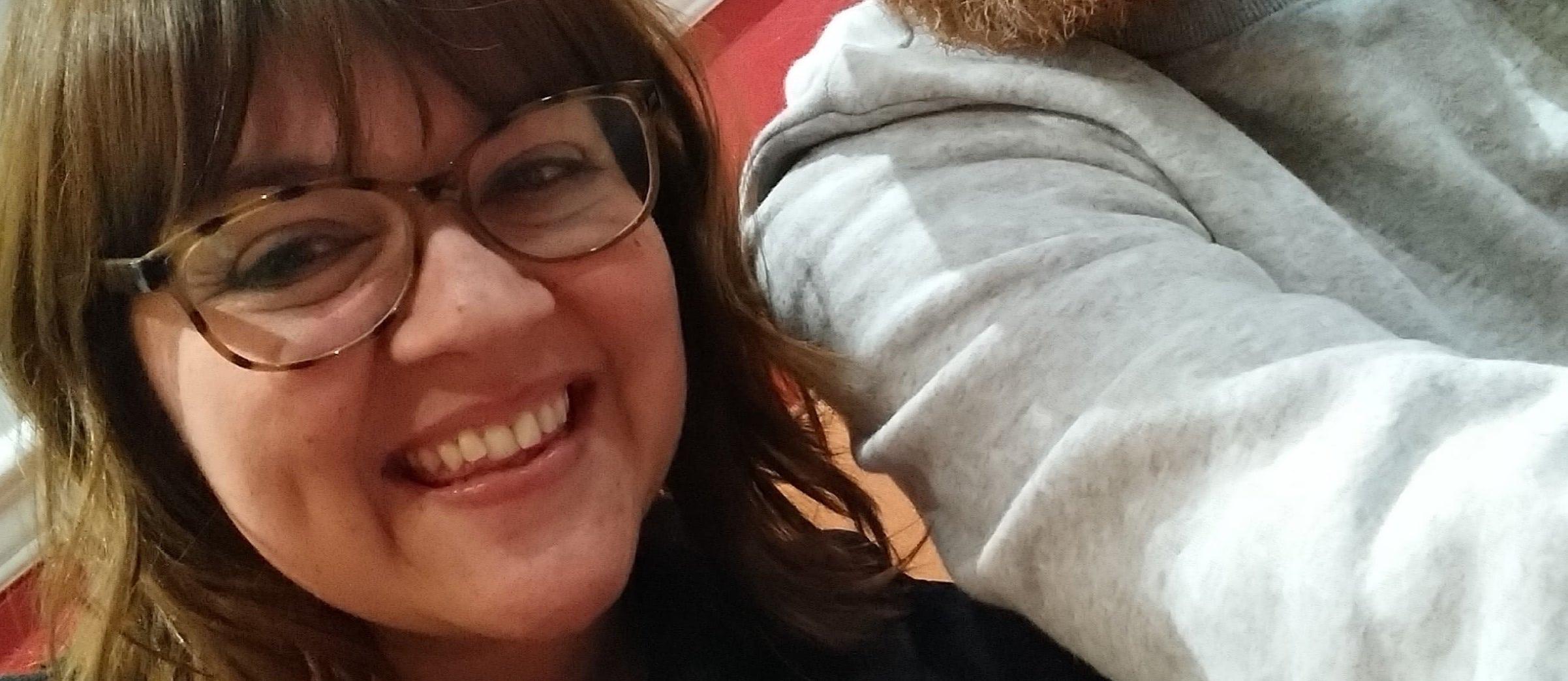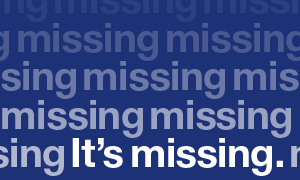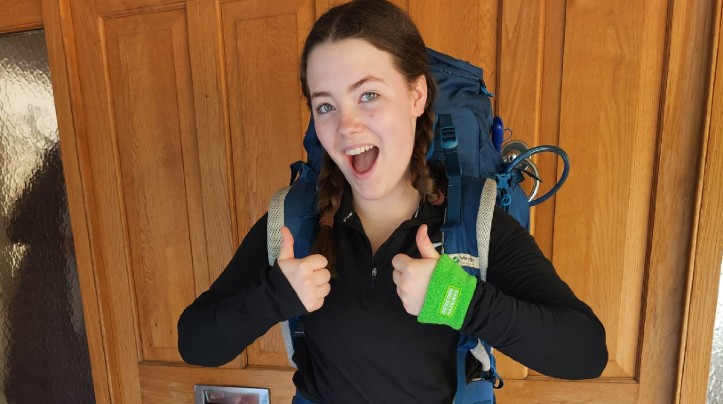
Nicola Pflug
Diagnosed at 14
I need to keep a positive head on, because the way I see it, everything could get you down. But after all I have been through, I know I can get through this and be stronger for it.
Nicola discusses the challenges she has faced living with type 1 diabetes and shares her tips for managing mental wellbeing during the coronavirus pandemic.



